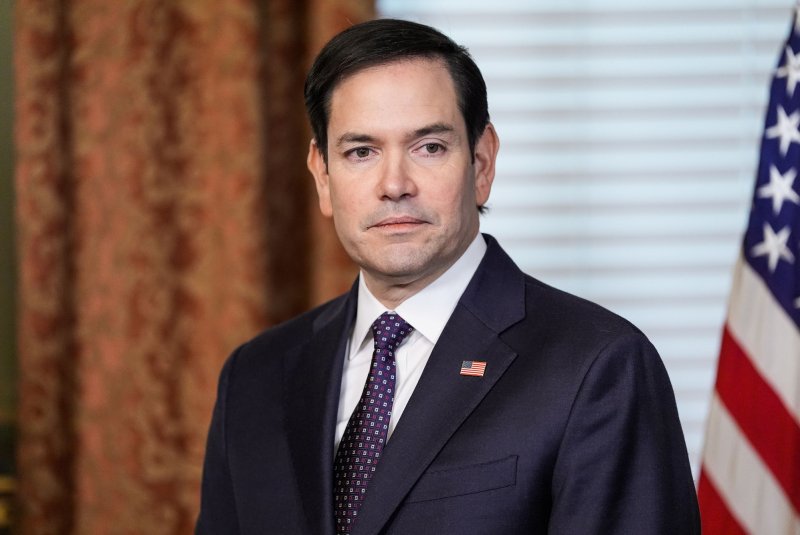Feb. 6 (UPI) — Secretary of State Marco Rubio announced Wednesday evening he was boycotting the G20 meeting in South Africa scheduled for later this month over the country’s controversial land expropriation law.
South Africa, which holds the the G20 presidency until the end of November, is to host a meeting of the intergovernmental group Feb. 20 and 21 in the capital Johannesburg under the theme of “Solidarity, equality and sustainability.”
The African nation has attracted the ire of the Trump administration over a newly signed land expropriation law that allows local, provincial and national authorities to expropriate land in the public interest and in few, specific cases without compensation.
The law was five years in the making, and replaces the Expropriation Act of 1975, which was put in place before South Africa gaining democracy in 1994. It is seen by proponents as an attempt to redress results of past racial discrimination in a country where nearly three-fourths of all farm and agricultural land is owned by White South Africans, who account for less than 8% of the population.
The Trump administration has attacked the law, suggesting that it is racist and stating it is a human rights violation.
“South Africa is doing very bad things,” Rubio said on X in announcing his boycott.
In the statement, Rubio oddly attempted to connect the theme of the upcoming G20 meeting to be a promotion for “diversity, inclusion and equity policy” — which the new White House has vigorously targeted for erasure domestically.
“My job is to advance America’s national interests, not waste taxpayer money or coddle anti-Americans,” he said.
On Sunday night, President Donald Trump threatened to cut all U.S. funding to South Africa over the new law.
“South Africa is confiscating land, and treating certain classes of people VERY BADLY. A massive Human Rights VIOLATION, at a minimum, is happening for all to see,” Trump said in a statement without providing proof to his Truth Social platform.
“The United States won’t stand for it, we will act.”
In response, the South African government issued a statement saying it “has not confiscated any land.”
It explained that the law is not a confiscation instrument but a constitutionally mandated legal process that ensures public access to land is equitable and just.
“South Africa, like the United States of America and other countries, has always had expropriation laws that balance the need for public usage of land and the protection of rights of property owners,” it said.
According to the law, land cannot be expropriated arbitrarily. Land can only be seized if an agreement with the owner cannot be reached, subject to “just and equitable compensation” being paid.
The government may seize land without compensation under some circumstances, including where the owner of the land is not using it for its intended purpose or to generate income but is instead holding it solely for appreciation of its market value, among select other reasons.
“We look forward to engaging with the Trump administration over our land reform policy and issues of bilateral interest,” the South African government said.
“We are certain that out of those engagements, we will share a better and common understanding over these matters.”
According to the South African government, the only aid it receives is for its HIV/AIDS programs and the U.S. funds account for 17% of its funding.
Elon Musk, the world’s richest man and a close adviser to Trump, is South African. He has accused previously accused South African President Cyril Ramaphosa’s government of “openly pushing for genocide of White people.”
Musk, the CEO of Tesla and SpaceX, became a U.S. citizen in 2002.
